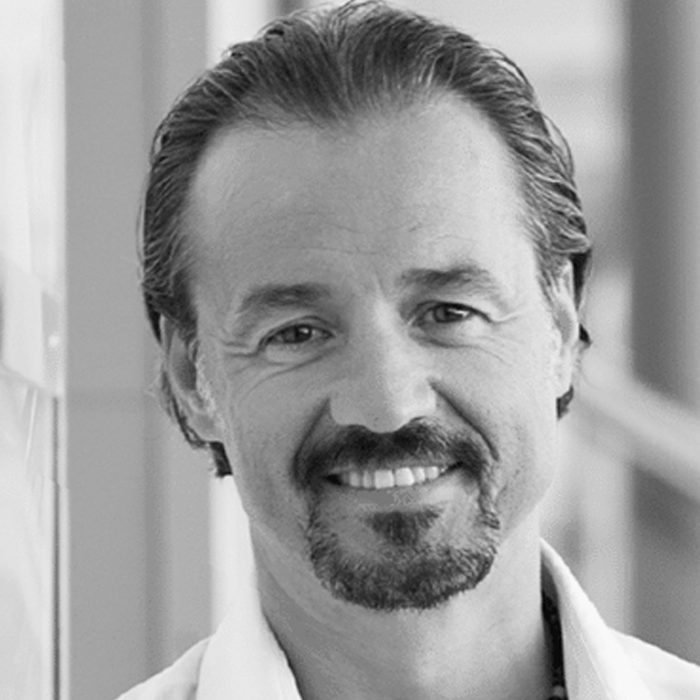
Protecting the thin, blue layer of life
Listen
Subscribe
In This Podcast
- Keeping the bigger picture in mind and thinking long-term about the environment
- Impacting people without running for government
- Baby boomers and Brexit
- The flaws of democracy
- The future of economies
- Resetting your relationship with food
- Why companies should value their employees more
Eric Edmeades talks about why it’s important to have the bigger picture in mind and protect the environment, how tough phases can translate into something greater, baby boomers and Brexit, the future of economies, automated workforce, changing buying patterns in order to influence manufacturers, and why companies should value their employees more.
Show Notes
Impacting people by helping entrepreneurs get their businesses on track
Eric’s mother’s grandfather was a Minister in the South African Parliament, and he proposed the formation of the Kruger National Park which, for Eric, is one of the most important nature reserves in the world. Maybe because of that, he grew up with a real focus for the environment.
Eric is also a wildlife photographer, and he spent a huge amount of time on the oceans, in the game reserves around the world and in nature in general. He thinks a lot about all the difficulties we’re faced with at the moment. For him, one of the biggest issues is that most people are so busy taking care of their basic survival needs that they don’t get to do what matters: to protect the environment.
So he thought to himself “What can I do?” and briefly considered running for government. Once he looked closely at how governments work, he realized that they are pretty ineffectual. He didn’t want to become a benevolent dictator, so he chose another path.
So how to impact people if you’re not a politician? Eric’s way was educational and inspirational. After carefully considering what his options are, it occurred to him that the very best people to work with and the best people to influence are business owners and entrepreneurs.
And that’s what he did: he went out and started helping people get their businesses on track in order to have the biggest leverage on people.
Sometimes a tough phase can push you to do something bigger
One of the biggest transformational points in his life started when he became the first employee of a startup in Vancouver, Canada. After working there for some years and receiving a litany of broken promises, he realized he really wanted to quit. When he resigned, they refused to pay him a year worth of salary.
His situation looked like this: no money, in a foreign country where he had been relocated, and with a new wife pregnant with a new baby. He became aware of the fact that there is no such thing as job security. He advises people to see that if they’re an employee, they’re basically a business owner with one product (their time) and one customer (their employer). What he did was to go on and start his own business in order to pay the rent.
What does the future hold?
Most of us agree that democracies are best for running countries. However, they are not perfect, and one of their problems is that sometimes the majority votes in their own interest, completely ignoring the general good of the country. This happened with Brexit. It was an anomaly created by many things, including a lot of dishonesty on both sides. But also baby boomers played a huge role.
In Eric’s opinion, the next version of economy in our world would have governments providing their populations with basic living wages (not welfare or charity). The problem is that in order for governments to do that we’re going to need a lot more workforce automation. The transition period is most likely going to be extremely difficult, and when people will start losing their jobs to automation, they will also start voting against it.
If Eric could change one thing on an economic level, he would speed up the process of automated workforce.
Changing buying patterns in order to improve food production
Another issue that Eric is concerned about has to do with food production (not food scarcity). As long as the food industry is profit-driven, then it’s profit-driven at the expense of the population. One of the important changes we need to make is to better regulate food production.
In order to help with this, Eric came up with a program called WildFit. The idea behind it was to psychologically change people’s relationships with food so that they would change their buying patterns. By changing the buying patterns, we can ultimately change the manufacturers.
We need to be a lot more caring about our world and think long-term
Eric believes that companies should realize how important their people are. Too often companies think of their employees as commodities. As long as you treat people like objects, you will have a problem. Also, when times get tough, the first thing companies do is to start laying people off. There are other creative solutions to be considered, if only they would take a bit of time to reflect.
We all need to acknowledge that we live in this delicate, beautiful, blue, thin layer of life around the rock that we call our planet, and that we’re slowly destroying it. This is our home and we should start thinking long-term about our lives. We should start considering alternative energy sources, stop cutting down our trees and poisoning our oceans. There are endless possibilities, if only we chose to be more careful and more considerate.


